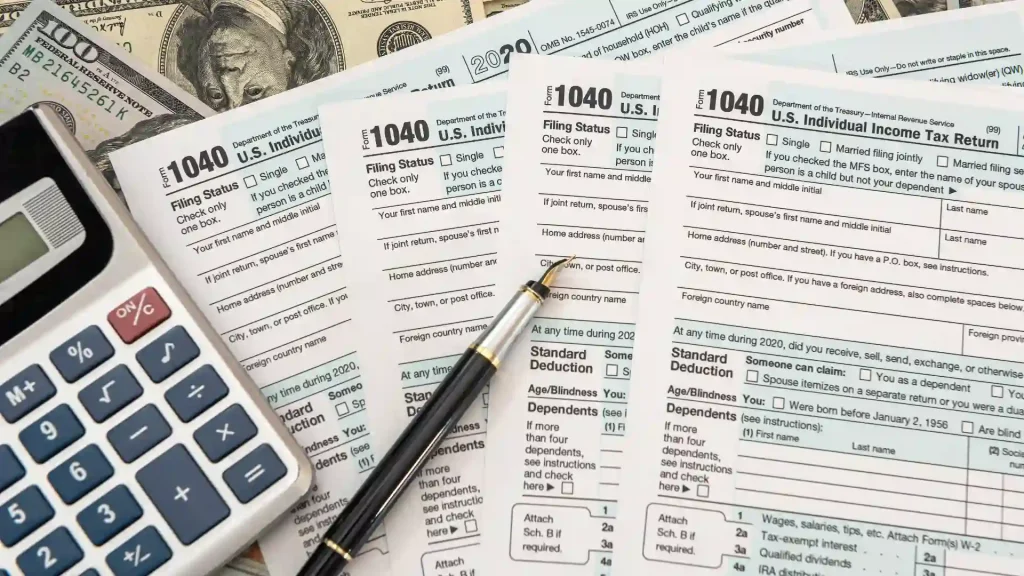Divorce comes with plenty of challenges, and figuring out the financial side of alimony can make it even more stressful. If you’re asking yourself, “Do you pay taxes on alimony in Woodlands, Texas?” you’re not alone. The tax rules around alimony have changed in recent years, and it’s easy to feel overwhelmed trying to sort through what applies to you. We’ll break it down in a way that’s easy to understand, and if you need guidance specific to your situation, reach out to experienced lawyers fromBB Law Group PLLC to help you understand the process and make confident decisions.
The Taxation of Alimony
Alimony payments provide financial support to an ex-spouse after a divorce. However, the Tax Cuts and Jobs Act (TCJA) of 2017 significantly changed the tax rules surrounding alimony.
If your divorce agreement was finalized after December 31, 2018, the payer can’t deduct alimony payments, and they don’t count as income for the recipient. However, if your agreement was finalized before 2019, the old rules still apply: the payer can deduct the payments, and the recipient has to report them as income. It’s important to know which laws apply to understand how your alimony affects your taxes.
Understanding the Current Tax Laws
In the context of alimony, the following considerations are essential for taxpayers in Woodlands, Texas:
- Do You Have to Pay Taxes on Alimony?
If your divorce agreement was finalized after 2018, you don’t have to pay taxes on the alimony you receive. But if your agreement was made before 2019 and hasn’t been updated, you might still owe taxes on those payments. It’s important to double-check which tax rules apply to you so you’re not caught off guard. - Is Paying Alimony Tax Deductible?
The Tax Cuts and Jobs Act changed everything. Alimony payments are no longer tax-deductible by the payor, ultimately shifting how these agreements are handled. - Alimony vs. Child Support
Child support isn’t treated the same as alimony regarding taxes. The payer can’t deduct it, and the recipient doesn’t pay taxes on it. So, make sure your divorce agreement keeps them separate to avoid any mix-ups. - Members of the Same Household
For payments to count as alimony under federal tax law, the payer and recipient can’t live in the same household—even temporarily. This rule makes sure alimony stays separate from regular household expenses.
For more information, the IRS’s official guidelines provide helpful resources on alimony taxation.
How Texas Laws Impact Alimony and Taxes
Alimony, or spousal maintenance as it’s often called, isn’t automatically granted in Texas. Instead, the court decides if someone qualifies based on factors like the length of the marriage, earning potential, and childcare responsibilities. When it comes to taxes, though, alimony is governed by federal law, which applies the same way in every state, including Texas.
If you’re paying or receiving alimony in Woodlands, Texas, it’s essential to know how these federal tax laws affect you. Getting them wrong could cost you, so it’s worth getting professional legal advice.
Why Professional Legal Guidance Is Necessary
If you don’t know exactly what’s in your divorce agreement or how the tax rules apply, you’re setting yourself up for unexpected costs and a deal that could leave you at a disadvantage. That’s not a risk you want to take.
At BB Law Group PLLC, we know every divorce is different. We focus on protecting your finances with precise and personalized advice. Whether you need help reviewing your agreement or understanding federal and state laws, we’re here to support you every step of the way.
Common Misconceptions About Alimony and Taxes
Many people assume alimony is always tax-deductible or think child support and spousal support are the same thing. But the TCJA changed all of that. Don’t rely on old information or advice from people who aren’t professionals—those mistakes can cost you big time.
You might still qualify for deductions if your alimony agreement was finalized before 2019. But if you modify it, the new tax rules could apply. Working with trained attorneys like BB Law Group PLLC helps you understand how the current laws impact your situation.
Trust BB Law Group PLLC for Expert Legal Support
Understanding the tax rules around alimony is important, whether you’re working on a new divorce agreement or updating an old one. At BB Law Group PLLC, we’ve helped many clients in Woodlands, Texas, confidently handle these issues. Call (832) 534-2589 or contact us online to schedule your consultation.
Divorce isn’t just about the paperwork. It’s about your future. You need someone who will protect your rights and financial stability. At BB Law Group PLLC, our Woodlands alimony lawyers are here to guide you through each step and help you get the outcome you deserve.
Related Posts
Alimony for Spouse Qualifications in Texas
What Happens If a Non-Custodial Parent Refuses to Return a Child?


